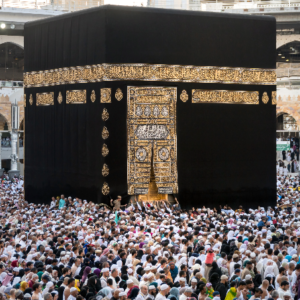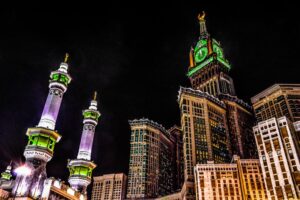Bali
Bali, a small halal friendly island in Indonesia, has become one of the most popular tourist destinations in the world, attracting millions of visitors annually. It is famous for its stunning beaches, lush green forests, rice paddies, ancient temples, and unique culture. Bali is predominantly Hindu but also home to a significant Muslim population. Muslim travellers should consider visiting Bali to experience the island’s diverse culture, history, and natural beauty.
The unique culture is one of the main reasons why Bali has become such a popular tourist destination. The island’s Hindu traditions, beliefs, and customs are deeply ingrained in its society and visible in its architecture, art, dance, and music. The Balinese people are warm and welcoming and take great pride in sharing their culture with visitors. Muslim travellers can learn a lot about Hinduism and Balinese culture during their halal holiday by visiting the island’s temples and attending cultural festivals and ceremonies.
Bali is also home to some of the most beautiful beaches in the world. The island’s coastline stretches for over 500 kilometres and offers a variety of beaches, from secluded coves to bustling tourist hotspots. Muslim families and couples can enjoy various water activities, such as surfing, snorkelling, and diving, or relax on the sand and soak up the sun.

For Muslim travellers, Bali offers a unique opportunity to experience Islamic culture in a predominantly Hindu environment. Bali’s Muslim community has a rich history that dates back centuries, and its presence on the island has influenced Balinese culture in many ways. Muslim travellers can visit mosques and interact with the local Muslim community, learning about their customs and way of life.
Must See
A diverse and culturally rich island, halal friendly Bali offers Muslim travellers a range of activities and experiences. So whether you are interested in exploring the local culture, relaxing on the beach, or trying local halal cuisine, Bali has something for everyone.
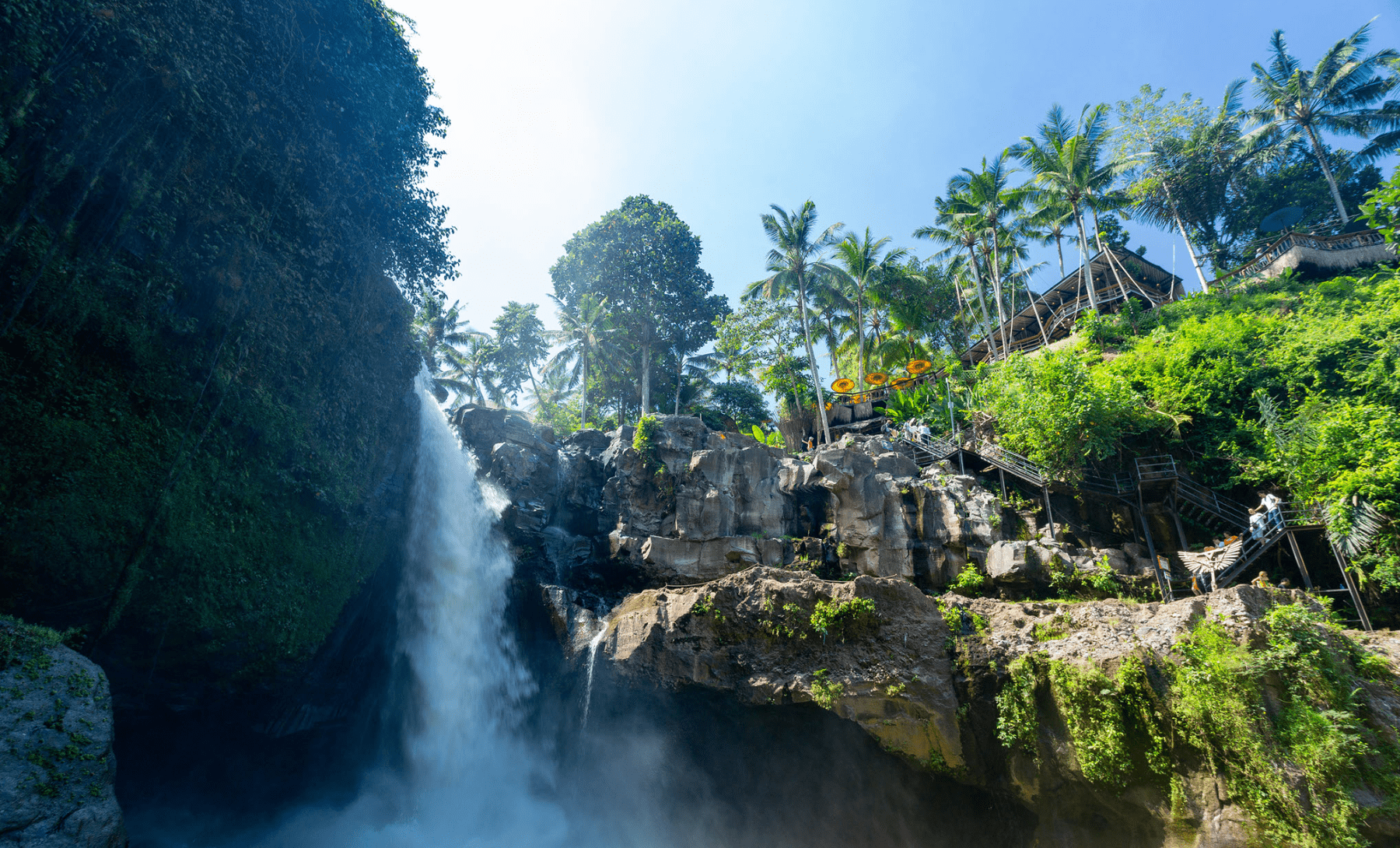
Here are some must-do and must-see things in Bali for Muslim families and couples:
Visit the Pura Agung Jagatnatha Mosque in Denpasar: The Pura Agung Jagatnatha Mosque is one of Bali’s largest and most significant mosques. It serves as the headquarters of the Bali Muslim Council and is an important gathering place for the local Muslim community.
Explore the cultural attractions in Ubud: Ubud is known for its rich culture and artistic heritage and offers a range of cultural attractions for visitors. For example, Muslim travellers can explore the Pura Taman Saraswati Temple, which is known for its beautiful lotus pond and traditional Balinese architecture. The Ubud Art Market is also a popular destination where visitors can shop for handmade crafts and souvenirs.
Relax on the beaches in Nusa Dua: Nusa Dua is a popular destination for Muslim travellers who want to relax on the beach and enjoy the warm tropical climate. The beaches in Nusa Dua are clean and well-maintained, and several halal-certified restaurants and hotels are in the area.
Visit the Besakih Temple: The Besakih Temple is one of Bali’s most important Hindu temples, known as the “Mother Temple”. The temple complex is located on the slopes of Mount Agung and includes more than 80 temples and shrines. Visitors can explore the complex and learn about Balinese Hindu culture and traditions.
Take a trip to the Tegallalang Rice Terrace: The Tegallalang Rice Terrace is a stunning landscape of rice fields and terraces in Ubud. Visitors can take a guided tour of the area, explore independently, and take in the beautiful scenery. The terrace is also home to several halal restaurants and cafes, where visitors can sample traditional Balinese cuisine.
Visit the Uluwatu Temple: The Uluwatu Temple is a Hindu temple located on a cliff overlooking the ocean. The temple is known for its stunning views and is a popular destination for visitors who want to watch the sunset. It’s here that visitors can explore the temple complex and learn about Hindu culture and traditions.
Cuisine
Bali is known for its diverse and delicious cuisine, and Muslim travellers can also find a wide range of halal options across the island. Indonesian cuisine is a fusion of Chinese, Indian, and European influences, and it features a variety of spices, herbs, and fresh ingredients. Halal food is readily available in Bali, and Muslim visitors can enjoy authentic Indonesian dishes compliant with Islamic dietary laws.
One of the most popular halal dishes in Bali is Nasi Padang. This traditional Indonesian meal comprises steamed rice served with various dishes, such as beef rendang, fried chicken, and vegetable curry. Another popular halal dish is Nasi Goreng, a fried rice dish with vegetables, meat, and egg. Sate, or skewered meat, is also a favourite among locals and visitors.
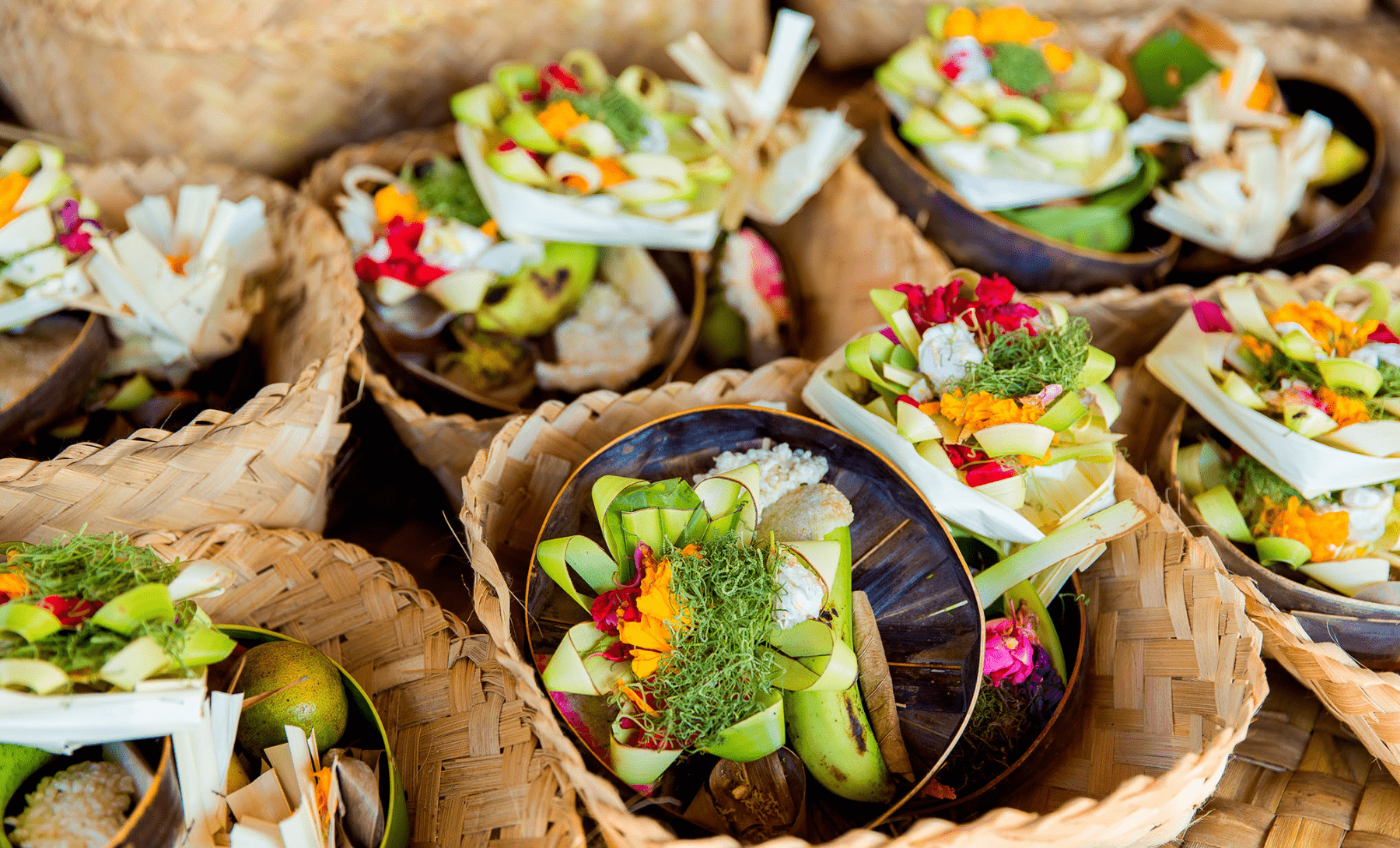
Bali has abundant seafood, and Muslim travellers can enjoy halal seafood dishes, such as grilled fish, prawns, and squid. The Balinese also have their own unique seafood dish called Pepes Ikan, which is fish wrapped in banana leaves and steamed with a mixture of spices and herbs.
For those with a sweet tooth, Bali has a range of halal friendly desserts to choose from. One of the most popular is Es Campur, a sweet and refreshing dessert made with shaved ice, fruit, and syrup. Other sweet treats include Kolak, a sweet soup made with coconut milk, palm sugar, and fruits, and Klepon, a sweet glutinous rice ball filled with palm sugar and covered in grated coconut.
Muslim travellers can find halal cuisine at local warungs, small food stalls, and high-end restaurants and hotels. In addition, several halal certified restaurants across Bali cater specifically to Muslim visitors enjoying their Islamic holiday. With its diverse and delicious cuisine, Bali offers a culinary adventure for Muslim travellers.
Islam
Islam has a long and rich history in Bali, dating back to the 14th century when Muslim traders first arrived on the island. Today, Islam is the second-largest religion in Bali after Hinduism, practised by approximately 12% of the population. As a result, Muslim travellers visiting Bali can expect to find a welcoming and vibrant Muslim community that has integrated with Balinese culture.
The Muslim community in Bali is diverse and includes local Balinese Muslims and immigrants from other parts of Indonesia and other Muslim-majority countries. The local Balinese Muslim community is known for its unique blend of Balinese and Islamic culture. For example, the traditional Balinese kebaya has been modified to meet Islamic dress codes, with long sleeves and a hijab worn over the headscarf. The Balinese also have their own way of performing Muslim prayers, incorporating elements of Balinese culture and tradition.
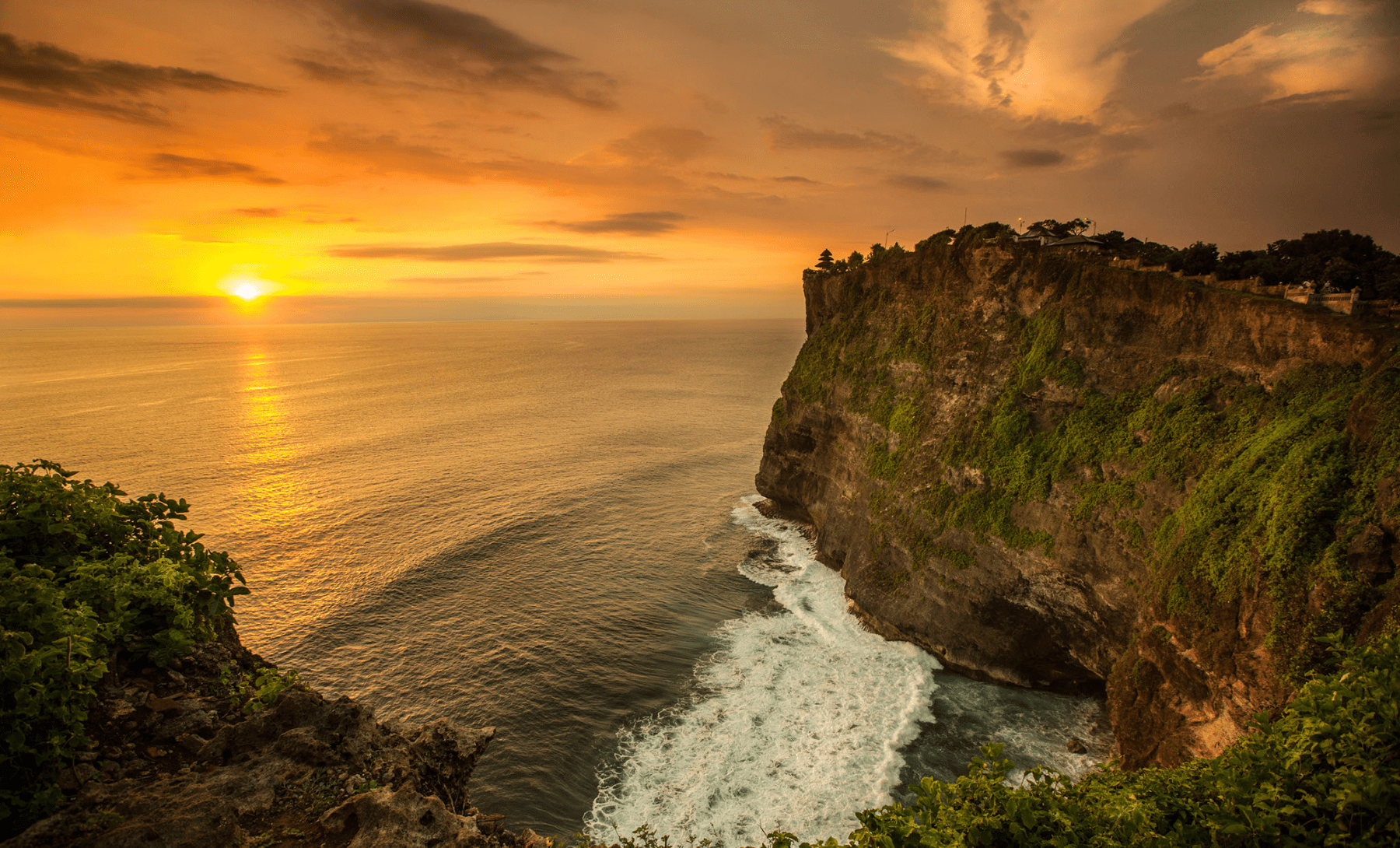
Muslim travellers can find mosques scattered across Bali, from small village mosques to grand mosques in urban areas. The Pura Agung Jagatnatha mosque in Denpasar is one of the largest and most significant mosques in Bali, and it serves as the headquarters of the Bali Muslim Council. Muslim guests are also welcome to visit the mosques and attend prayer services.
With its unique blend of Balinese and Islamic culture, halal food options, and numerous mosques, Bali provides a diverse and enriching experience for Muslim travellers looking to explore what Bali has to offer.
Best time to visit
Being a tropical island, Bali’s climate is warm and humid year-round; however, the best time to visit Bali depends on your interests and preferences. Bali experiences two main seasons: the dry season and the rainy season. The dry season, which runs from May to September, is the peak tourist season and is generally considered the best time to visit Bali. The weather during this season is warm and dry, with plenty of sunshine and low humidity. The calm and clear ocean makes it perfect for swimming and water sports.
The rainy season, which runs from October to April, is characterised by heavy rainfall and high humidity. Bali can experience heavy rain, thunderstorms, and occasional flooding during this season. However, the rains usually come in short bursts and do not last all day. The rainy season can still be an excellent time to visit Bali, especially for those looking for a quieter, more affordable halal holiday. The island is less crowded during this time, and hotel rates are often lower.
The months of July and August are the busiest in Bali, with a high volume of tourists from around the world. If you plan to visit Bali during this time, booking your accommodation well in advance is essential to avoid disappointment. December and January are also busy months, as many tourists visit Bali during the Christmas and New Year holidays.
Another factor to consider when planning your trip to Bali is the local events and festivals. Bali is known for its rich culture and vibrant festivals, with many yearly celebrations. One of the most important festivals in Bali is Nyepi Day, the Balinese New Year, which usually falls in March. During this time, the island comes to a standstill, and visitors cannot leave their hotels or make noise for a full day.


